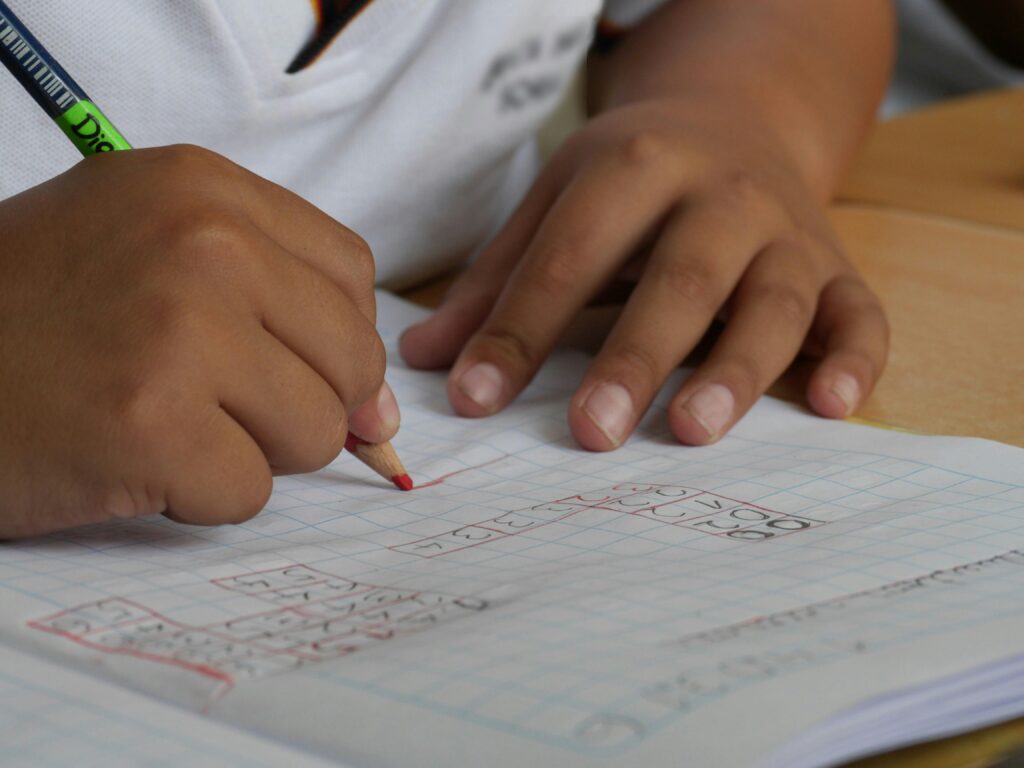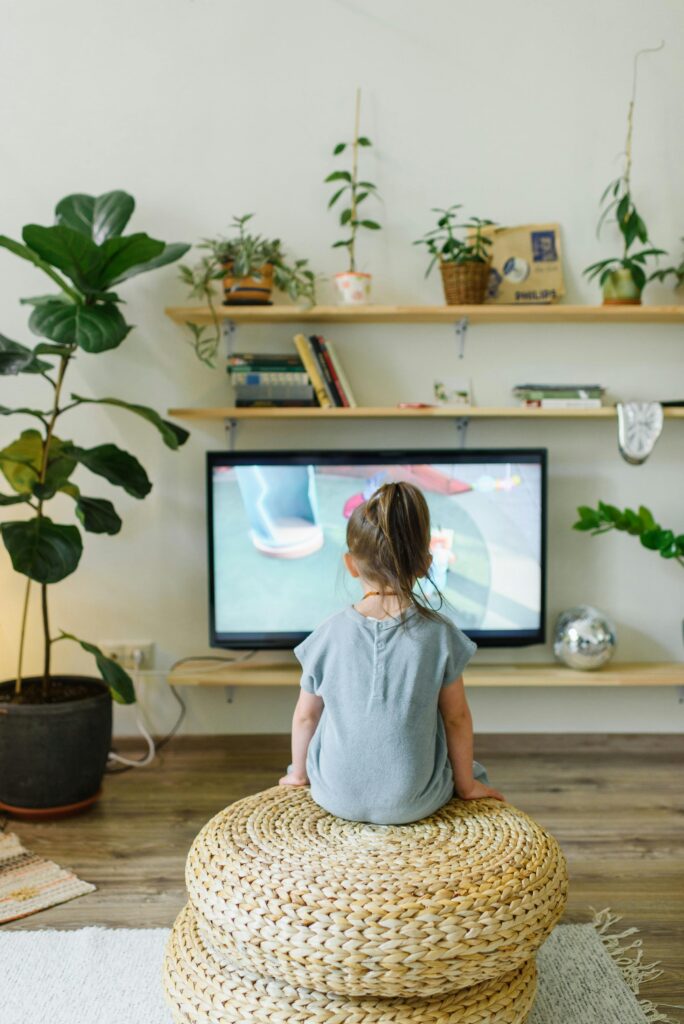
Home Ed. Reasons
Go on then, persuade me!
I beg your pardon, I don’t…
Persuade me to home-educate my children!
Why would I do that?
Well, my spouse wants our child to be home-educated and has said you’ll convince me to home-school.
That’s really your decision to make, no one can impose home-schooling on you – it’s a whole lifestyle. It takes up your time, money, home and life, it impacts on your relationships with your children and changes your family completely. You can’t force that on anyone.
My spouse really won’t be happy with your response.
It’s your marriage, not mine. I don’t want to be responsible for your child’s education, your family, or your life.
Does your husband want you to home-educate?
Yes, he’s supportive of it. But he also recognises it’s my choice, not his. More than anyone, he’s seen how much it has taken and he knows it isn’t his place to demand I do it. That wouldn’t be fair.
It’s had a huge impact on his life too, and I’ve had to have him completely on board to make it work.
So why do you home-educate?
In the beginning, I was a lot more idealistic and radical than I am now. I looked back on my years in school and just didn’t want my children to have similar experiences. At the time, Hamza Yusuf was a passionate advocate of home-schooling and gave a talk alongside John Taylor Gatto, which I listened to endlessly. Combined with John Holt and a few others, I seriously questioned if modern schooling was really the best thing for my children.
Why wouldn’t it be the best thing for your children? Billions of pounds along with hours of research and training have gone into modern schooling. Are you saying they’ve got it wrong?
When my eldest son was little he was incredibly active. He would run instead of walking, climb instead of sitting, he was non-stop, but very happy. He had an incredibly active imagination, and loved adventure stories, he completely got into them. It was a joy to observe.
One day a nursery nurse stopped me in the library and advised me to put him in nursery as soon as he was three, as there were huge advantages to nursery. My active, happy little boy would, “learn to sit still” she said, which would prepare him for school. Sure enough, she had arranged her little charges so they were all sitting down watching while she sang a song about triangles.
To this day, I don’t agree that young children need to sit still and learn about triangles, when what they want to do is play. I really believe children should be given space and time to find (and follow) their hearts, whether that’s keeping pet snails, throwing stones in rivers, watching diggers, or looking for Wally in a picture book… As long as it’s real and you’re okay with it, their wings shouldn’t be clipped by boring stuff they don’t want to do (like triangles and sitting still) at a young age.
Free range children?
Absolutely, another book I loved and would recommend is Free Range Education by the way.
Who is John Taylor Gatto?
He was an ex-teacher who won “New York State Teacher of the Year” twice because of the outstanding results his students got. Ironically, he was strongly against modern schooling as, according to him, it has been deliberately designed to render the children who go through it helpless, childish, malleable and obedient. After he’d won his awards, he spent many years telling people how he’d broken just about every rule in the book and had got the kids in his classes involved in the real world, outside the classroom.
He wrote many books, the best known is probably Dumbing us Down, and gave talks about the history of modern schooling, which he said had been designed by industrialists to break working-class unity and produce compliant workers.
Isn’t that a bit heavy? All the poor woman was doing was singing the triangle song!
She was teaching the children to ignore their natural instincts to play, move, chat and explore; those kids had to obey her and do something really, really dull that none of them would ever have chosen. If they didn’t obey; they’d be in trouble.
But what if the best thing for them, for their brains and bodies, was to move and play? All those little kids had to sacrifice the part of themselves that wanted to have fun while she took charge. They had to listen to her and to learn about something totally random and extremely simple (triangles). Face it, learning how to recognise a triangle should take less than a minute if it’s taught at the right age, and you certainly don’t need to sing about them.
The real lesson being taught was obedience?
Exactly. According to Gatto, the rulers of society want an obedient middle and working class, with just a few independent thinkers at the top to govern. School is designed to train the young, to accustom them to compliance, so they’ll follow random instructions all their lives, no matter how pointless or counter-intuitive they are.
Who’s John Holt?
He’s another ex-teacher and advocate of home-schooling. He wrote some books about his observations as a classroom teacher, but didn’t delve into the ‘machine’ of schooling or its history. He just wanted kids to be kids and to learn in a way that worked and suited them.
You mentioned this was what influenced you in the beginning, do you still feel the same way?
I’ve mellowed a lot over the years.
I’ve now seen so many families where school is absolutely the best place for the kids to be, and I’ve seen home-schooling families who have done brilliantly. I have met lovely children who thrived in school and lovely kids who thrived at home. I’ve met adults who, looking back, preferred going to school to being home-educated and ones who home-educated because they hated school. I’ve known home-schooling families where the children ask to go to school, and I’ve known school children who’ve asked to be home-schooled. I’ve seen home-educating parents burn out, and I’ve seen parents breathe a huge sigh of relief when they’ve taken their children out of school because of the stress it caused.
There really isn’t one way to educate or raise children and what works in one family, won’t work in another. For me now, it’s about doing what works, rather than radical conspiracy theories about saving my kids from being cogs in the machine.
Why don’t you put your children in school?
Because, thanks to God, home-schooling really is working for us. My children are healthy, happy and independent. I don’t think home-schooling has held them back in the long term, and they had proper childhoods without academic pressures.
Home-schooling is an alternative form of educating children and young people; it can work very well. There can be massive advantages to it. But there can be massive advantages to school too. You really have to look at your situation and decide what’s best for you.
Why haven’t you mentioned religion?
Is this where you want me to go bug eyed and start ranting about forcing my children to pray?
If you could, it would make things more interesting…
You’ve got the wrong sister.
If you home-educate, can you mould your children?
Absolutely not.
Ask any parent with adult children and I guarantee they’ll say there comes a point where you can’t tell your children what to do or who to be. They will do their own thing, whether you approve or not, sometimes they’ll do it because you disapprove. Home-schooling doesn’t change that. It isn’t a way to control your children forever.
But you will have more control over what they learn, like the Theory of Evolution or LGBTQIAA+?
Obviously, I’ve had a lot more control over my kids learning than if I’d sent them to school. I’ve delayed teaching my children topics until I’ve known they’re ready. This applies for straightforward subjects like reading and counting, and more complex topics like the Theory of Evolution.
I do think small children have a right to remain innocent and unfettered by adult issues, like LGBTQIAA+, but I also think older children need to understand the society they live in and they need to be given the tools necessary to succeed and fit in.
I’ve yet to meet a home-educator who’s tried to cut their child off from normal life and society forever and I can’t imagine the results would be pretty if they did.
If your children will do their own thing anyway, and you prepare them for ‘normal’ life by teaching them most things they’d learn in school, is there any advantage to home-educating, from a religious perspective?
When my children are at home they don’t need to mask who they are, they don’t need to pretend or lie about themselves to fit in, and they don’t have to live a double life – with one persona at school and one for home. I consider these the greatest religious (and personal) advantages of home-education.
If they want to pray, then they can. My daughters weren’t ridiculed for wearing hijab, the boys could grow beards without feeling embarrassed, they didn’t have to stand out or be the ‘different’ one in class who didn’t fit in because of our religion. In Ramadhan my children who wanted to fast could, they didn’t have someone telling them off, forcing them to eat, or eating in front of them as a ‘joke’.
Of the most important advantages home-educating offers, is that children can be who they are without being bullied or having to bow to peer group pressure.
Katie Holden







Responses